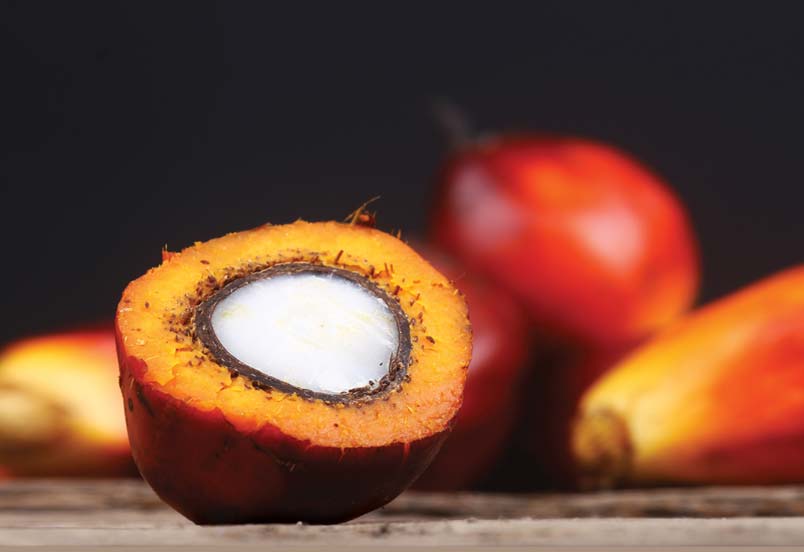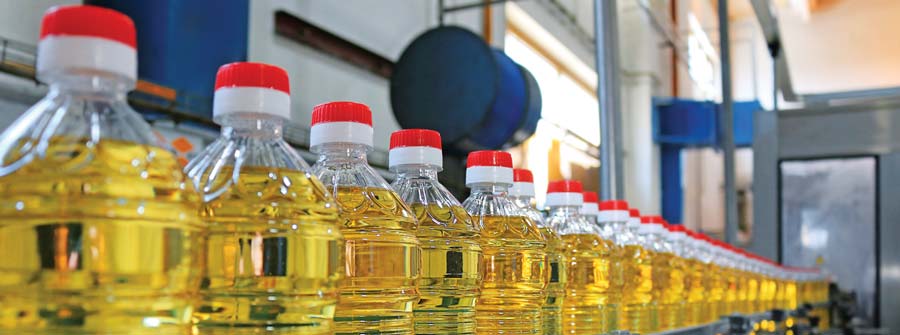



As the Malaysian palm oil industry celebrates its centennial this year, the challenge will be to continue meeting the expectations of consumers for the next 100 years. To do so, it needs to engage with, and listen to, consumers. Doing the right thing means gaining the trust of consumers; in turn, a trusted brand-name rewards producers and manufacturers.
Of course, challenges can be expected in many forms in the technical, environmental or health-related fields. But such issues have to be faced and managed, even if the process hurts business. A good example is the way the American firm SC Johnson & Son Inc addressed concerns about the environmental effects of chemicals in its products and packaging, even without being legally obliged to do so.
A Harvard Business Review article (April 2015) outlines the case of Saran Wrap, launched as a food-storage product in 1953 by Dow Chemical Co. The formulation was derived from a dry-cleaning chemical residue from chlorine and had served non-food purposes up till then.
SC Johnson acquired Saran Wrap from Dow in 1998. By then, the product had become popular because of its impenetrable barrier to odour and effectiveness in microwaving. The presence of polyvinylidene chloride (PVDC) enabled these qualities.
However, the acquisition coincided with a time of rising concern over the widespread industrial use of polyvinyl chloride (PVC) – a thermoplastic made of 57% chlorine from industrial grade salt and 43% from carbon derived predominantly from oil/gas via ethylene.
SC Johnson was quick to accept that, when chlorine-based materials like PVDC and PVC are burnt, the process releases toxic contaminants into the environment. Its Chairman and CEO Fisk Johnson notes in the article: ‘Although Saran Wrap did not actually contain PVC, the wrap category as a whole came under scrutiny, and the difference between PVC and PVDC got lost in the discussion.’

Rather than quibble over this, the company decided to act in the interests of customers who had placed their trust in its products. In 2001, it began reviewing its use of PVC. Although the production costs would increase, the company felt it was more important to do the right thing in order to retain customer loyalty.
There is a similar story about the Malaysian palm oil industry in relation to the presence of process contaminants. It too acted swiftly and voluntarily to reduce or eliminate these in palm oil intended for infant formulations, and has since committed to eliminating them altogether from Malaysian palm oil in the shortest possible time.
It is important for the industry to continue adopting new processes or technologies to meet evolving needs. This will ensure that Malaysian palm oil remains the preferred choice – not just for its versatile technical properties and health benefits, but also because the industry unswervingly demonstrates that it cares enough to supply only the best.
Belvinder Sron
Deputy CEO, MPOC
Pages : 1 2